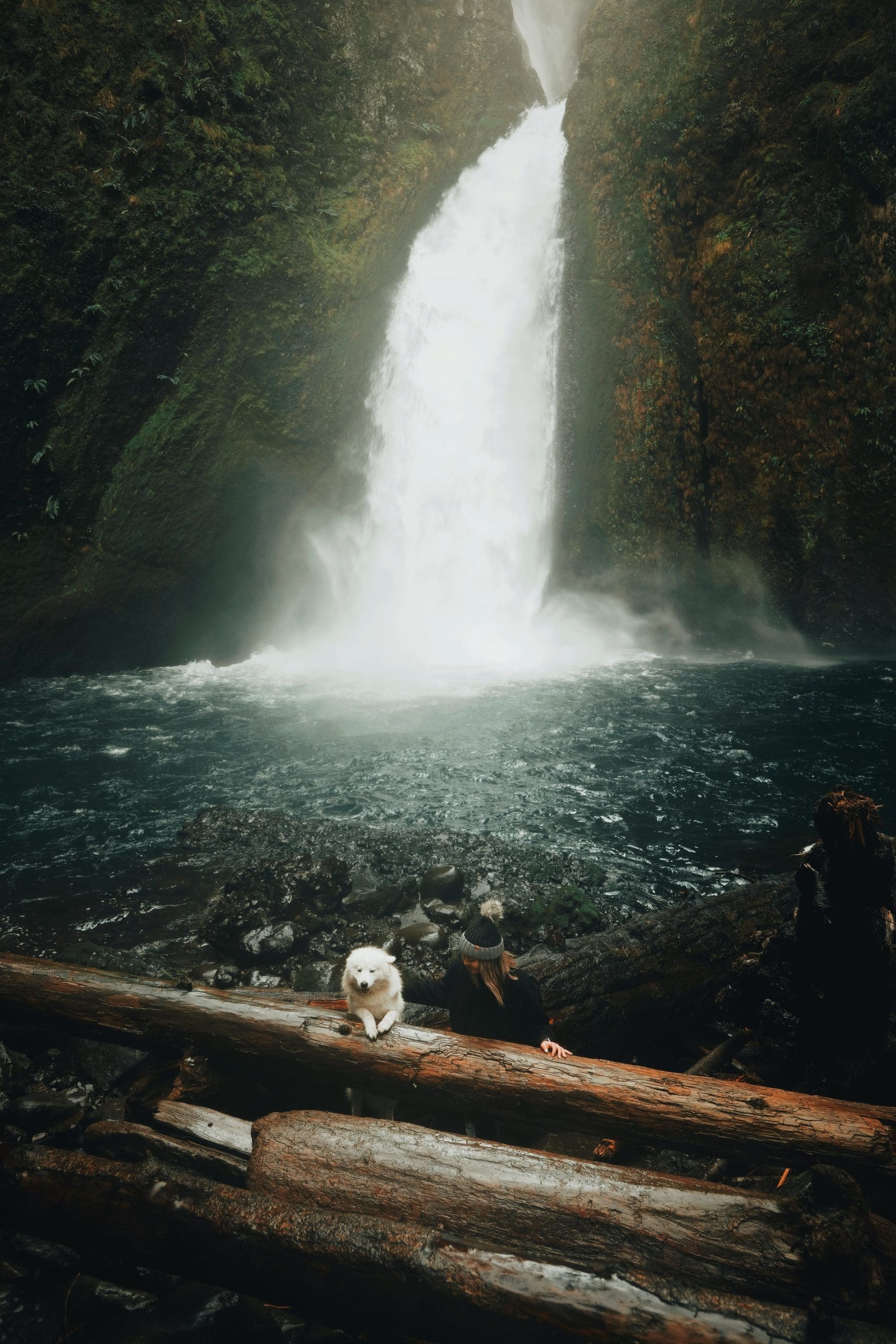It’s not uncommon for dog owners to witness their pets indulging in cat feces. This surprising behavior, known as coprophagia, raises many questions. Why would a dog choose such an unappealing treat? A closer look reveals a mix of instinct, nutrition, and environmental factors at play.
Instinctual Behavior
Dogs are scavengers by nature. In the wild, they would consume whatever food sources are available, including hunting and foraging. The strong odor of cat feces may attract dogs, as they can perceive it as a potential food source. Just as they might rummage through trash, the allure of cat poop can be hard to resist.
Nutritional Factors
Cat food is often richer in protein compared to dog food. Cats are obligate carnivores, which means their diet is primarily meat-based. This protein-rich diet can make their feces appealing to dogs, especially if they aren’t getting enough protein themselves. Dogs that are underfed or on an unbalanced diet may seek out cat feces as an alternative nutrient source.
Sensory Attraction
A dog’s sense of smell is incredibly acute, allowing them to detect scents that humans cannot. The enticing aroma of cat feces can pique a dog’s curiosity and lead them to investigate further. This behavior, though perplexing, reflects a dog’s natural instincts.
Behavioral Factors
Boredom or anxiety can also drive dogs to eat cat poop. Dogs thrive on interaction and engagement, and if they lack mental stimulation or are left alone for extended periods, they might resort to this behavior. Providing adequate exercise, playtime, and social interaction can help alleviate such tendencies.
Training and Habits
Puppies are naturally curious and explore their world through their mouths. If a puppy finds cat feces, they might sample it out of curiosity. If this behavior isn’t addressed early on, it can continue into adulthood. Teaching dogs what is acceptable to eat is crucial; early training can prevent these habits from developing.
Environmental Management
Managing the environment plays a key role in curbing this behavior. If both dogs and cats share a household, consider placing the cat’s litter box in an area that is not easily accessible to dogs. Options include using a baby gate or an elevated litter box. This simple step can reduce the temptation for dogs to indulge.
Training Techniques
Training your dog to obey commands like “leave it” or “no” can redirect their attention away from cat feces. Positive reinforcement is essential; rewarding your dog for following commands reinforces good behavior. Consistency is crucial, so ensure all family members use the same training methods to avoid confusing the dog.
Health Considerations
If coprophagia is a frequent issue, consulting a veterinarian may be beneficial. Underlying health problems or nutritional deficiencies could be contributing factors. A veterinarian can evaluate your dog’s overall health and diet, helping to rule out any medical concerns.
Monitoring Health
If a dog eats cat feces, monitoring for signs of illness is wise. While this behavior typically doesn’t lead to serious health issues, it can sometimes cause gastrointestinal upset. Should concerning symptoms arise, seeking veterinary advice is the best course of action.
Addressing Parasite Risks
Cat feces can carry parasites that affect both dogs and humans, so regular veterinary check-ups and updated vaccinations are essential. If your dog has consumed cat poop, a vet visit can alleviate any health-related worries.
Dietary Adjustments
Ensuring a balanced and nutritious diet for your dog can reduce their desire to seek alternative food sources like cat feces. If a dog is consistently hungry or lacks essential nutrients, the likelihood of engaging in coprophagia increases. Consulting with a veterinarian about dietary needs can help establish an appropriate meal plan.
Enriching the Environment
Creating a stimulating environment is vital for curbing unwanted behaviors. Providing toys, engaging in regular exercise, and offering interactive play can keep dogs mentally engaged and less likely to seek out inappropriate items to eat. Activities like puzzle toys or agility training can provide both physical and mental enrichment.
Emotional Well-Being
Addressing your dog’s emotional health is also important. If your dog experiences anxiety or stress, resolving these issues can lead to a decrease in unwanted behaviors. Establishing a routine that includes plenty of playtime and socialization can enhance overall happiness, making undesirable behaviors less likely.
Empathy and Understanding
Recognizing the reasons behind why dogs eat cat poop allows pet owners to respond effectively. While this behavior can be frustrating, it often stems from instinct, curiosity, and dietary needs. By managing the environment, training, and ensuring a dog’s overall health and happiness, owners can reduce the occurrence of this behavior. With time and patience, dogs can learn to avoid this curious culinary choice.



